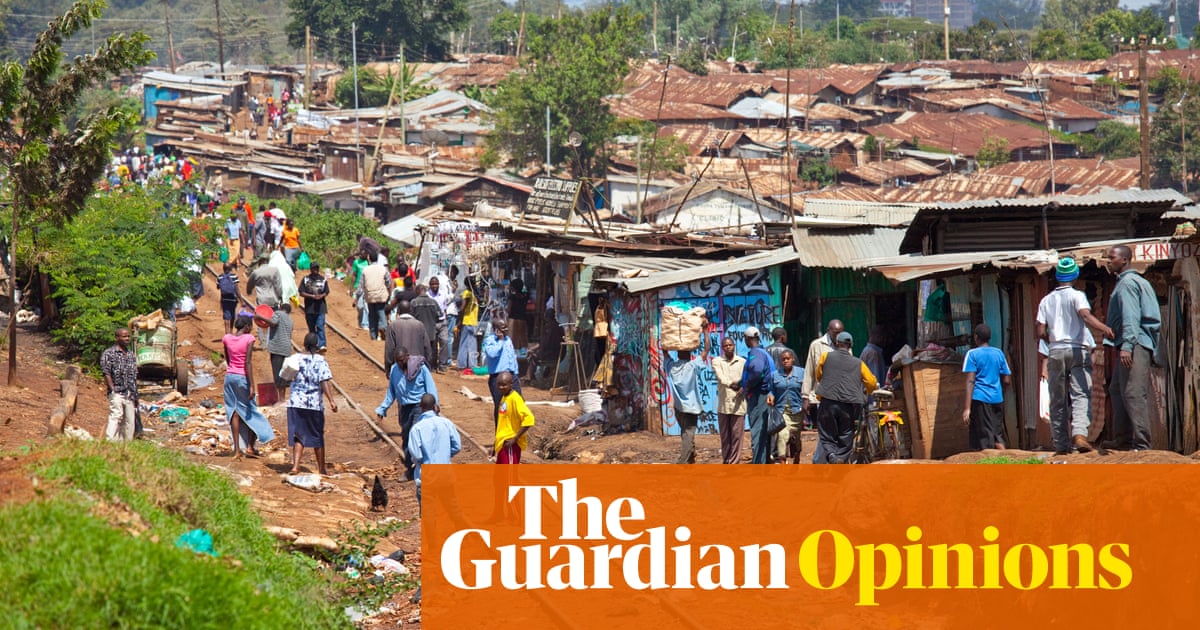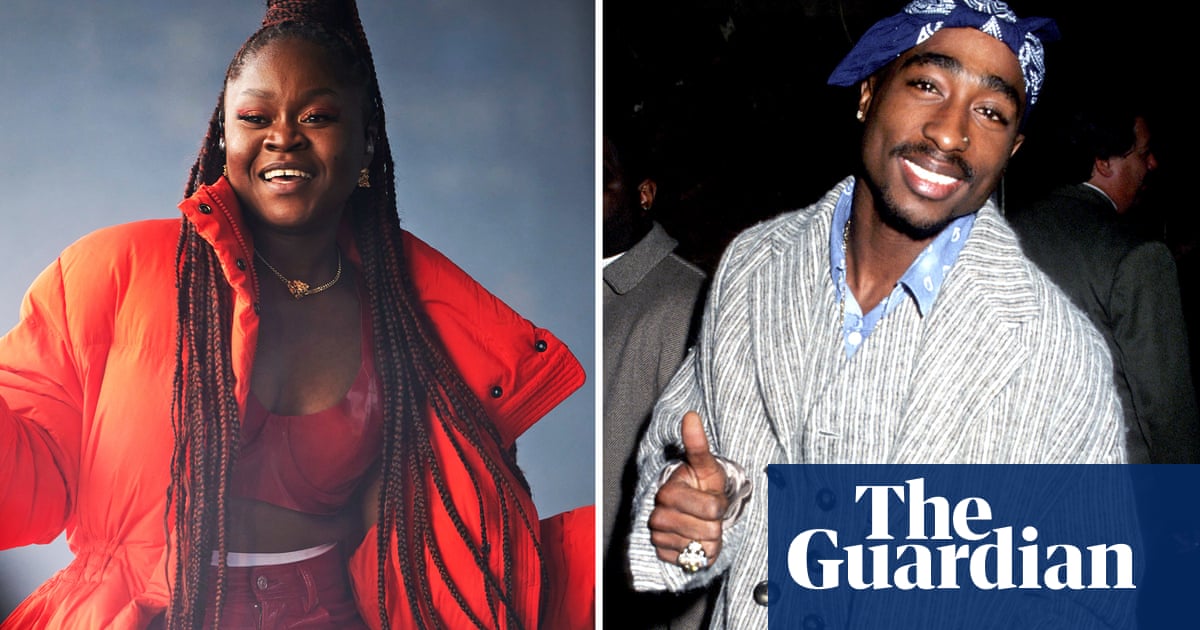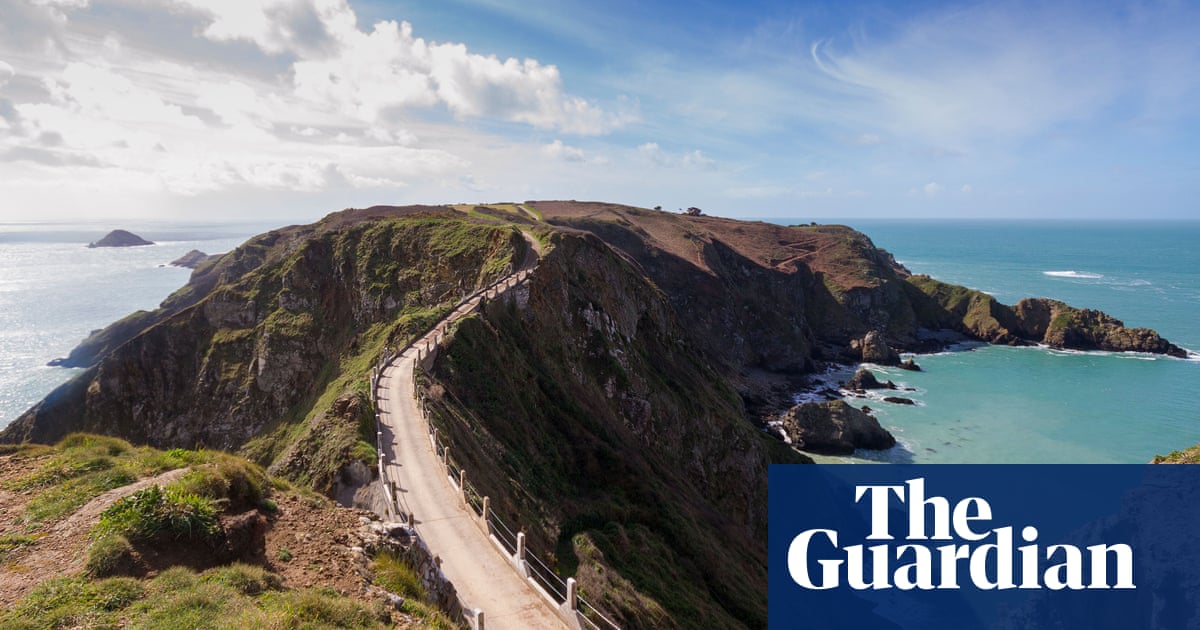
peaking to parliament in 1855 as the carnage of the Crimean war grew, the radical MP John Bright produced an imperishable image. “The angel of death has been abroad throughout the land, you may almost hear the beating of his wings.”
Death’s wings are beating countless millions towards the world of the sick today. You may enter full of confidence. You may think good health is like a car, and a hospital is a garage where you can park your malfunctioning body for the professionals to fix. Your confidence comes from the luck of living in an advanced scientific society with history’s longest life expectancy and highest living standards. The world of the sick teaches you to dispense with certainties. You discover that your condition, or in my case the condition of someone you love, which seemed a temporary malfunction, is incurable or is possibly incurable, for no one really knows.
Only the unlucky think about luck. Lucky people can fail to realise that luck exists. They think they have succeeded on merit, or they have thrived because of their good character or lovable personality. As comfortable people, they revolt against the thought that their comfort can ever end and their lives are contingent.
I wonder if our leaders realise how frightened people look to the state
You saw them out in force at the start of this crisis, although their number is falling by the hour. Bluff voices boomed that coronavirus was no worse than winter flu. We had any number of scare stories about BSE, the millennium bug and Sars in the past. They turned out to be nonsense, didn’t they? Keep calm and carry on. Go to races, go to the pub. It’s just politicians trying to frighten us into giving them more power. Like the global heating deniers they resemble, they live so unthinkingly with the material benefits science and technology have brought that they have come to believe they can ignore science that inconveniences them.
Advertisement
At a subconscious level, I suspect they make the calculation that it will not matter if they’re wrong. The experts they disparage will find a way through with some clever technology or invention. They have yet to learn that the greatest divide is not between rich and poor, but between the healthy and the sick. They will learn one day for this is the divide everyone crosses in the end.
Luck obsesses the world of the sick, which is just another way of saying that death obsesses us. Our doctors talk of probabilities. They don’t know why a treatment helps one person live a reasonable life but not another. There’s X chance you will get through this. There is Y chance that you will have Z more years of life. What you assumed to be the precise discipline of medicine blurs on close inspection into educated guesses. Just as victims of violent crime wonder what would have happened if they had not passed that pub, or the children of a parent who died young wonders how they would have turned out if their family had not fallen apart, so the world of the sick is a world of “what ifs”.
Guardian Today: the headlines, the analysis, the debate - sent direct to you
Read more
Everyone is asking what if now. A virus without a vaccine, which proliferates undetected, and, as the experience of northern Italy shows, can overwhelm the health services of even prosperous countries, makes it the only question to ask. Maybe infection will feel no worse than a cold. Maybe you will find that only the old will die, and you won’t pass it on to kill an innocent stranger or someone you love. And if you are old, maybe it won’t kill you. I don’t often say this, but I feel sorry for a government having to deal with so many maybes.
Having lived on the edge of the world of the sick for a decade, however, I wonder if our leaders realise how frightened people look to the state. Every crisis of the 21st century has proved the state’s centrality. After the 9/11 attacks, dealers ran away from danger, fire officers ran towards it. Central banks and governments were the only institutions that could bail out the world economy after the banking crisis of 2008. Today, the state’s strategies are our obsession. I am not saying the private sector and charities are irrelevant; tech firms and supermarkets may play a sizeable role in getting us through. I’m simply saying that if you are sick and facing the prospect of death, the state is the only institution with the means and responsibility to help you.
What else is there? Alternative health quacks are exploiting public fears, but only the desperate rely on them – and they will soon realise their mistake. Religion may comfort a few. But in Europe most agree with Philip Larkin’s dismissal of faith in Aubade, his great poem on the fear of death:
No trick dispels. Religion used to try,
That vast moth-eaten musical brocade
Created to pretend we never die…
The deaths of thousands may bring down administrations but they will not change the reliance on state institutions. Indeed, the crisis is showing that we need greater state action. Givingemployment rights and generous sick pay to insecure workers too frightened and too poor to take time off is more than common decency now. It is a matter of national security. My Italian friends say that, even in a country where suspicion of government is imbibed from childhood, 80% back the government’s decision to lock down the country. They support it because “we’re so frightened”.
The British government believes we are still the country of last month’s booming bluffers. It fears that, if it orders lockdowns now, fatigue will set in and the public will be breaking the curfews as the illness peaks. Perhaps it has more freedom than it imagines. Last month is another age, and the first thing everyone in the world of the sick learns is to put up with anything that might help them.












